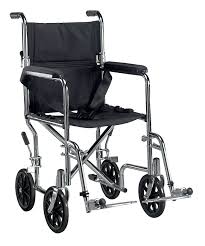 A new research paper shows that daughters spend more than twice as much time caring for their elderly parents than sons, and when daughters are in the picture, sons tend to reduce what little caregiving efforts they make and leave the burden to the sisters. The study, titled “When Gender Trumps Everything: The Division of Parent Care among Siblings,” will be presented today at the annual meeting of the American Sociological Association.
A new research paper shows that daughters spend more than twice as much time caring for their elderly parents than sons, and when daughters are in the picture, sons tend to reduce what little caregiving efforts they make and leave the burden to the sisters. The study, titled “When Gender Trumps Everything: The Division of Parent Care among Siblings,” will be presented today at the annual meeting of the American Sociological Association.
The study found that daughters provide an average of 12.3 hours of care to elderly parents per month, compared to just 5.6 hours of care provided by sons.
The study’s author, Princeton sociology doctoral candidate Angelina Grigoryeva, concluded that by pushing most of the duties of caring for aging parents onto their sisters, brothers also shift the financial burden and physical and mental stress of providing that care onto their sisters.
Grigoryeva’s research found that women tend to base how much time they spend caring for elderly parents on competing concerns, like how much time they need to devote to their own families and careers, while men base the the amount of caregiving time they spend on whether or not they have a sister or sisters who can handle those responsibilities.
Grigoryeva’s study study analyzed sample data from of over 26,000 Americans over age 50.
A 2013 study found that approximately 42.1 million adults in the U.S. are caring for aging or disabled family members or friends, and almost two-thirds of them are women. The average person performing caregiving duties is a woman over 49 years old, who typically works outside the home and spends about 20 hours a week caring for her elderly mother without pay.
Main source: Daughters provide twice as much care for aging parents than do sons, study finds, Washington Post, August 19, 2014
